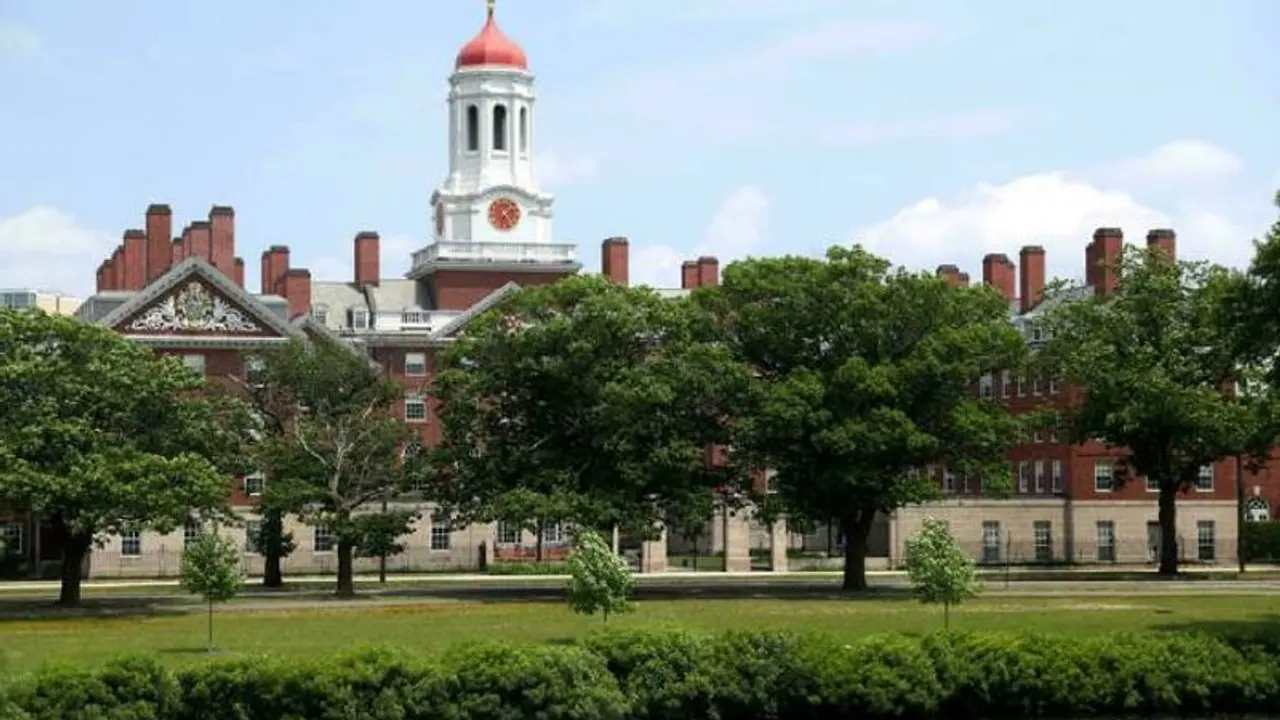The Trump administration revoked Harvard's certification to enroll international students, citing alleged non-compliance and a hostile campus environment.
In a controversial and unprecedented move, the Trump administration has revoked Harvard University's certification to enroll international students, placing nearly 6,800 foreign students—more than a quarter of its student body—at risk of losing their legal status in the United States.

The announcement was made by Homeland Security Secretary Kristi Noem, who accused the Ivy League institution of failing to comply with federal requests for records and of fostering an "unsafe campus environment hostile to Jewish students," while allegedly promoting pro-Hamas sentiments and enforcing racially discriminatory diversity policies.
A major blow to a prestigious institution
Harvard's certification under the Student and Exchange Visitor Program (SEVP) has been rescinded, meaning the university can no longer admit new foreign students, and those currently enrolled must transfer to other institutions or risk deportation. Students graduating this semester may complete their programs, but others must find alternatives within weeks.
The decision is part of a broader political conflict between the Trump administration and elite US universities, with Harvard at the epicenter. The university condemned the move as "unlawful" and warned it threatens not only its academic mission but the integrity of the US higher education system as a whole.
What prompted the action?
According to Noem, the Department of Homeland Security took action after Harvard allegedly failed to provide requested documentation about international students, disciplinary records, and protest-related audio and video footage.
"This should be a warning to every other university to get your act together," she added, naming Columbia University as a potential next target.
Noem said the university was fostering an environment "hostile to Jewish students" and implementing "racist DEI policies." She offered a 72-hour window for Harvard to regain certification—conditional on handing over extensive records.
Harvard pushes back
In its response, Harvard maintained that it has followed all legal protocols and called the government's move a "serious escalation" in an ongoing political battle. The university is providing legal and academic support to affected students and has not ruled out challenging the decision in court.
"This action undermines Harvard's academic and research mission," the university said in a statement. Legal scholars expect the move to trigger a fresh wave of lawsuits, pointing to prior rulings that federal agencies must follow due process in student visa matters.
Student uncertainty and legal ramifications
The decision has thrown Harvard’s international community into turmoil. "Everyone's panicking a bit," said one student. "Getting into the school has been the greatest privilege of my life—this is scary."
Experts in education policy have described the move as virtually unprecedented. "This has never happened before for ideological reasons," said Sarah Spreitzer of the American Council on Education. "It's a dangerous precedent."
Financial and academic fallout:
Beyond immigration concerns, the decision poses a significant financial risk. International students contribute heavily to tuition revenue and academic diversity. The Trump administration had already cut billions in federal research funding for Harvard and other elite institutions, compounding the impact of the current decertification.
A larger pattern of retaliation?
This latest development comes amid a series of confrontations between the Trump administration and academic institutions. From freezing research grants to launching investigations into university governance, critics say the moves reflect an authoritarian approach aimed at silencing dissent.
"It's small-minded, illegal, and deeply harmful to American higher education," said Ted Mitchell, president of the American Council on Education.


